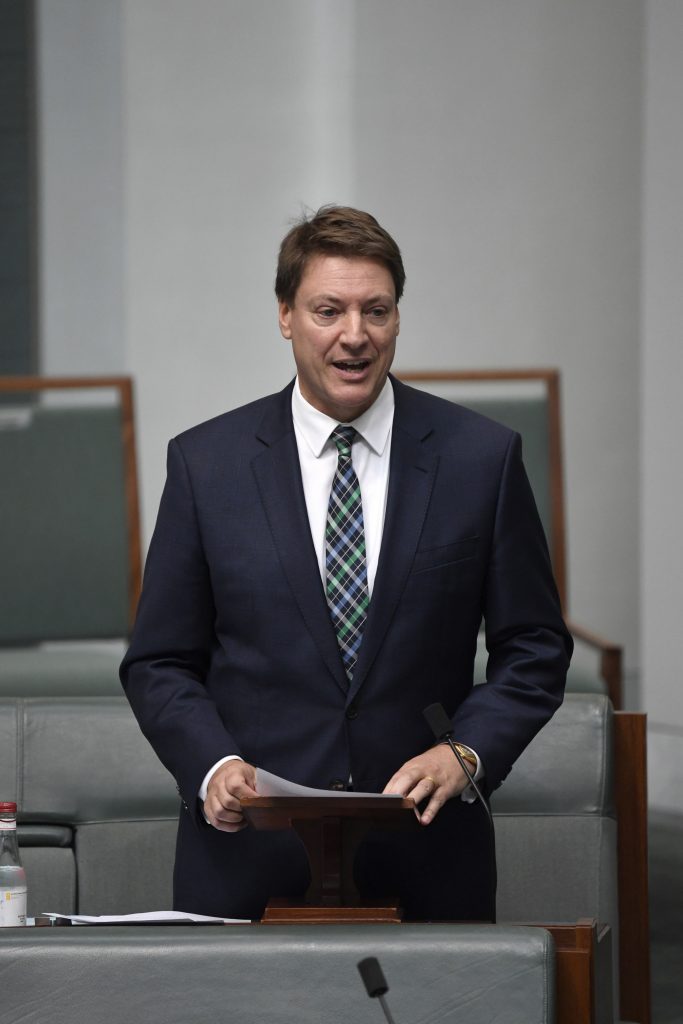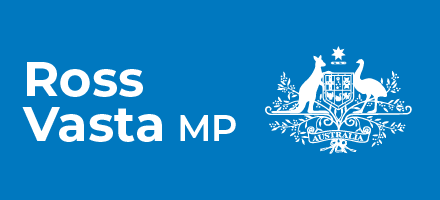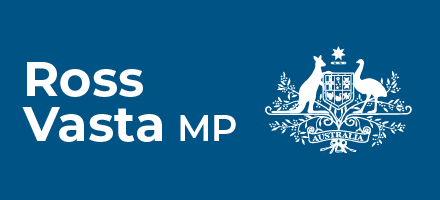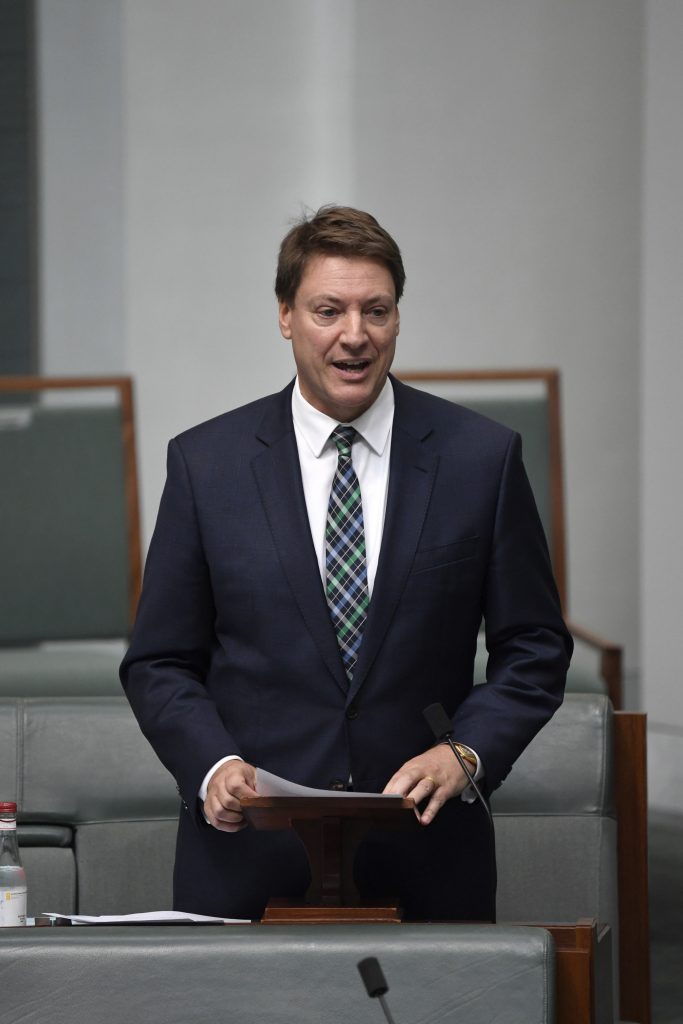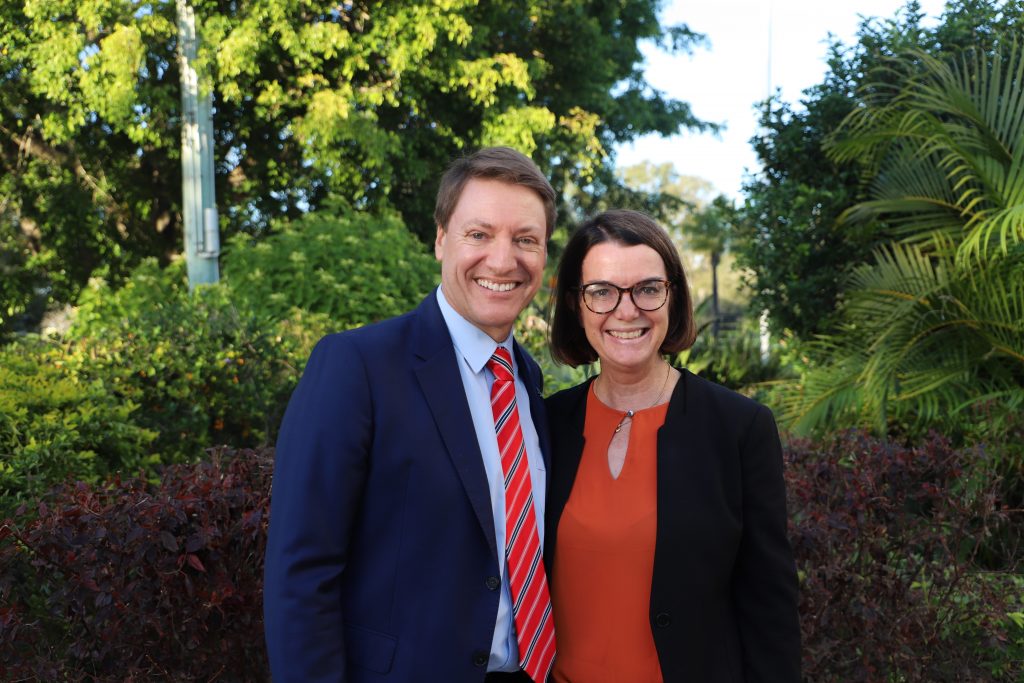Question Time report tabled
The House Standing Committee on Procedure today tabled A window on the House, its report into the practices and procedures relating to Question Time.
‘The Committee is recommending a package of changes to improve how Question Time operates,’ the Chair of the Committee, Mr Ross Vasta, said.
‘The inquiry looked not just at the rules for questions and answers but also at the culture of Question Time,’ the Deputy Chair, Mr Milton Dick, said.
‘Many people contributed their views through surveys, submissions and hearings,’ Mr Vasta said. ‘The Committee would like to thank everyone who participated in the inquiry.’
The Committee has recommended that Question Time consist of a minimum of 21 questions each day, including at least 10 questions from opposition members, five questions from government members, five constituency questions from government members and one question from a non-aligned member, with a further one supplementary question allowed from an opposition member each day.
The Committee also recommends new time limits of 30 seconds for all questions and two minutes for answers, with no points of order on relevance allowed in the first 30 seconds of an answer. It also proposes changes to the standing orders to curb the use of tag questions about alternative approaches and amend practices regarding answers to questions directed to the Prime Minister.
This package of changes would encourage questions to be more focused and answers to be tighter and more relevant.
The Committee has also made recommendations to hold a trial of very limited mobile phone use by Members and provide the Speaker with an additional option to manage disorderly behaviour. The Committee considers that the House could also make more use of and highlight other parts of the parliamentary day.
Changes to practices and procedures are ultimately a matter for the House itself, and the Committee hopes it will consider these recommendations carefully.
The full report is available on the Committee’s website.
